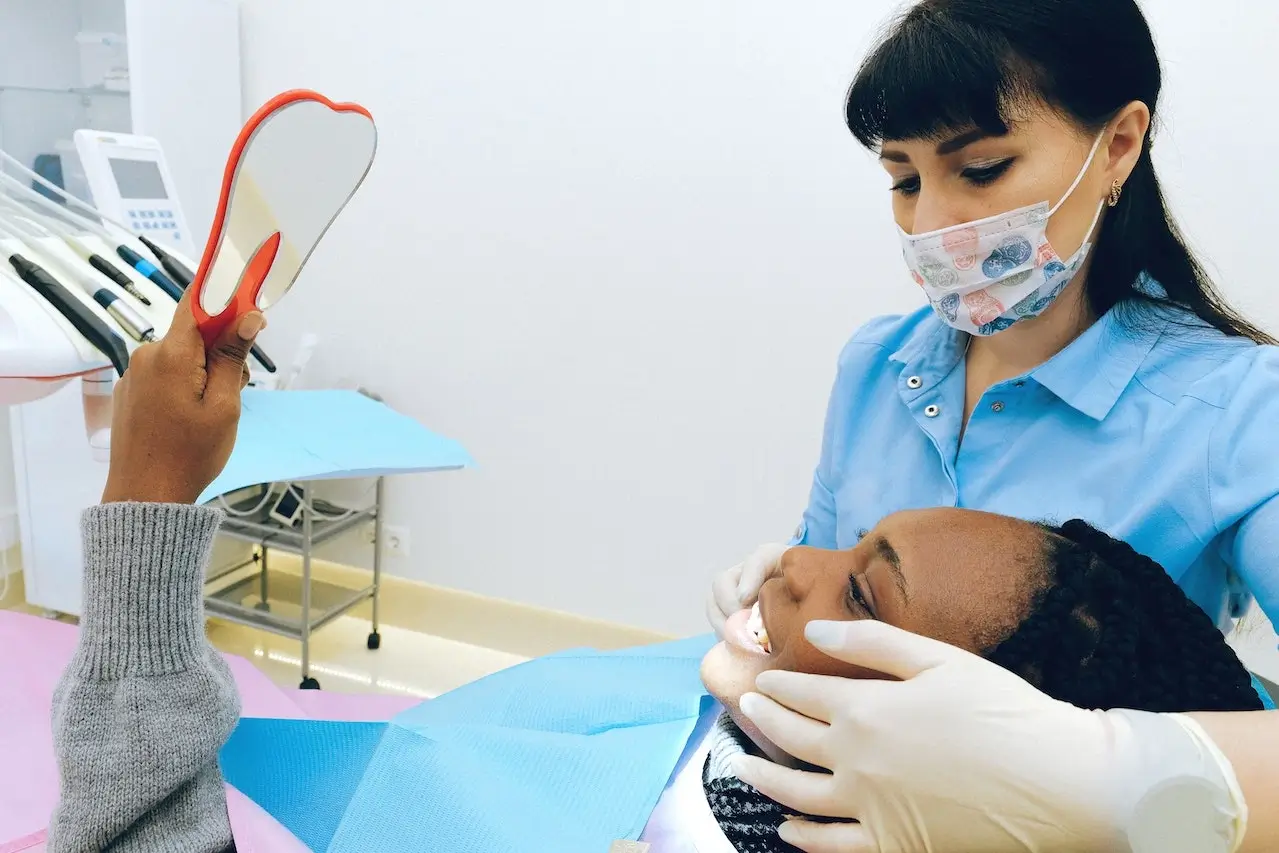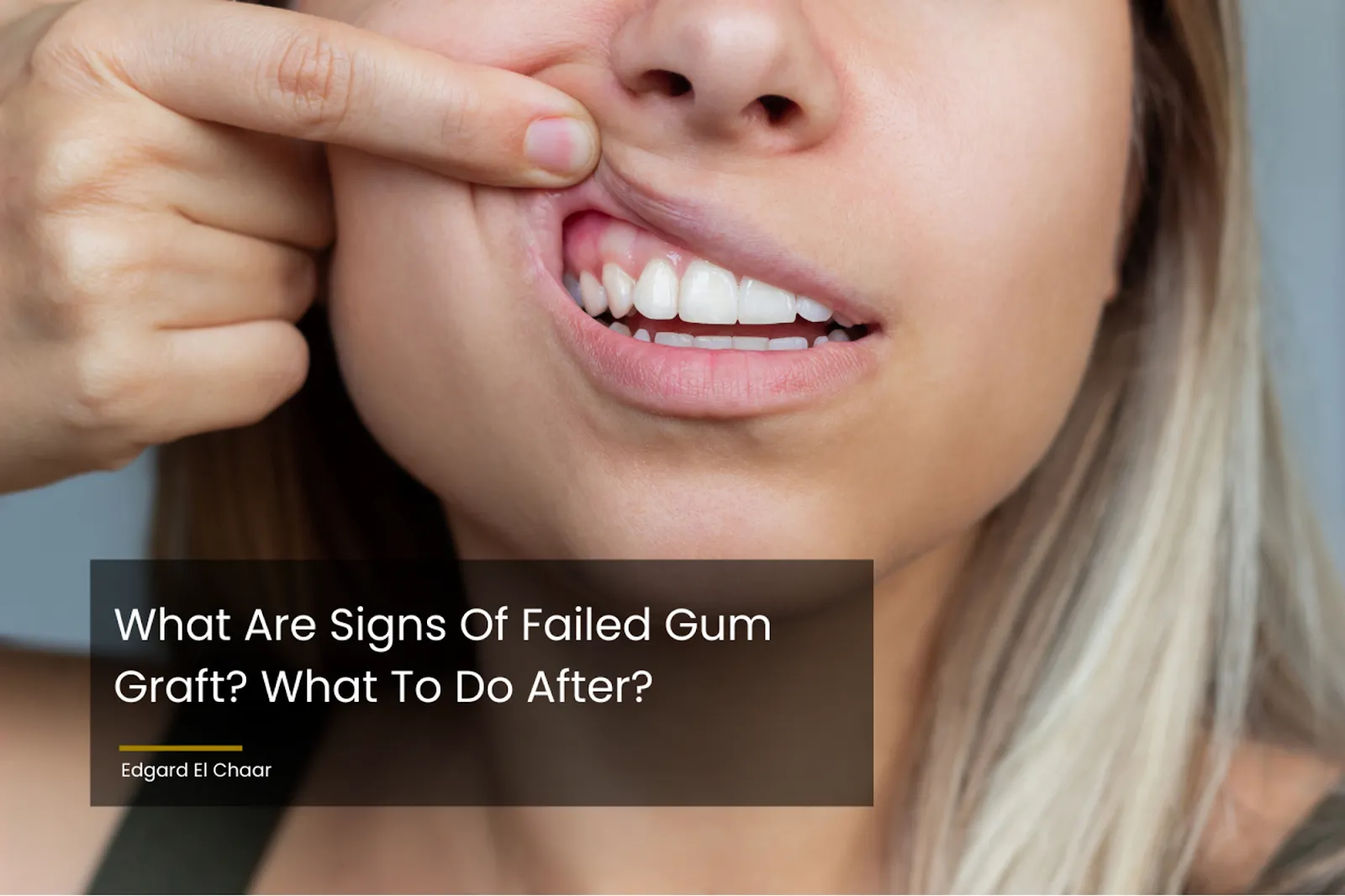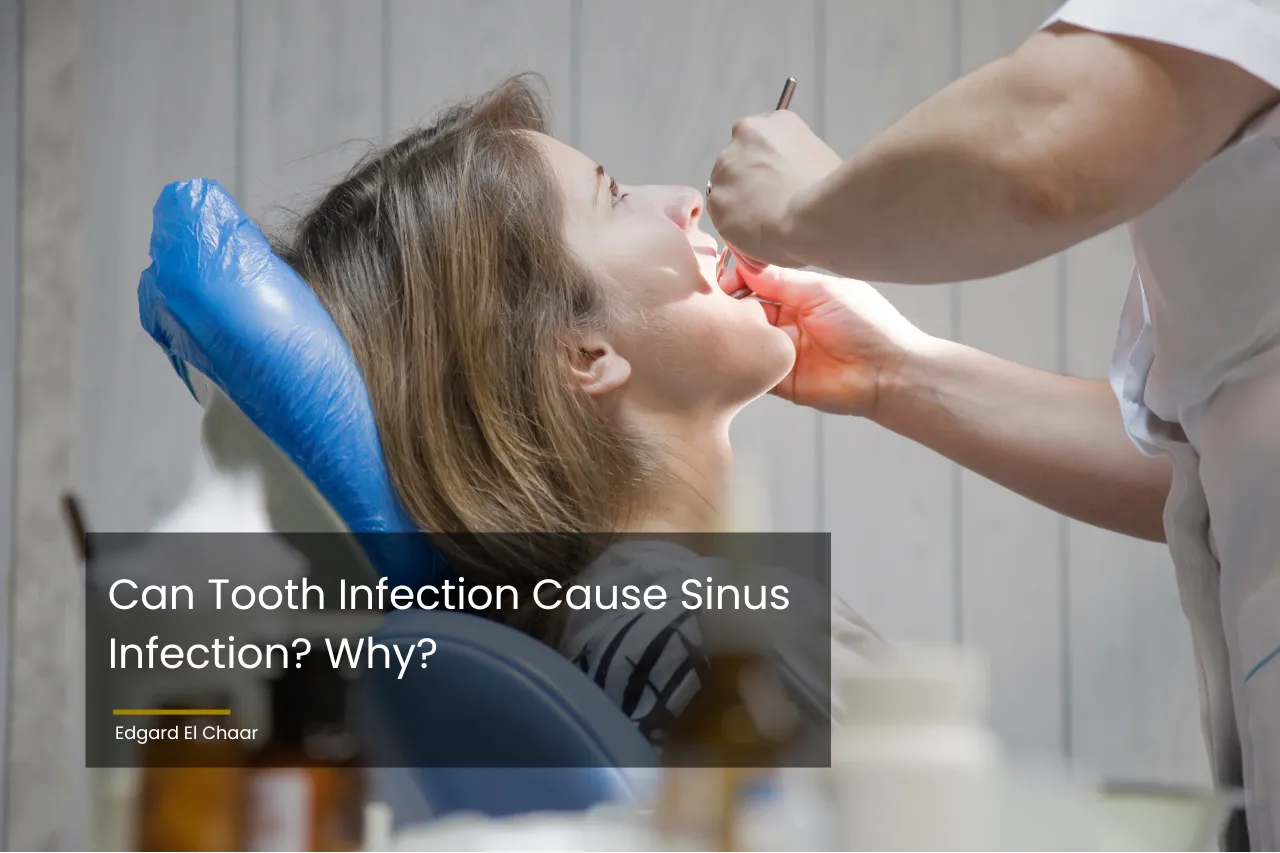Can You Get Dental Implants With Gum Disease?
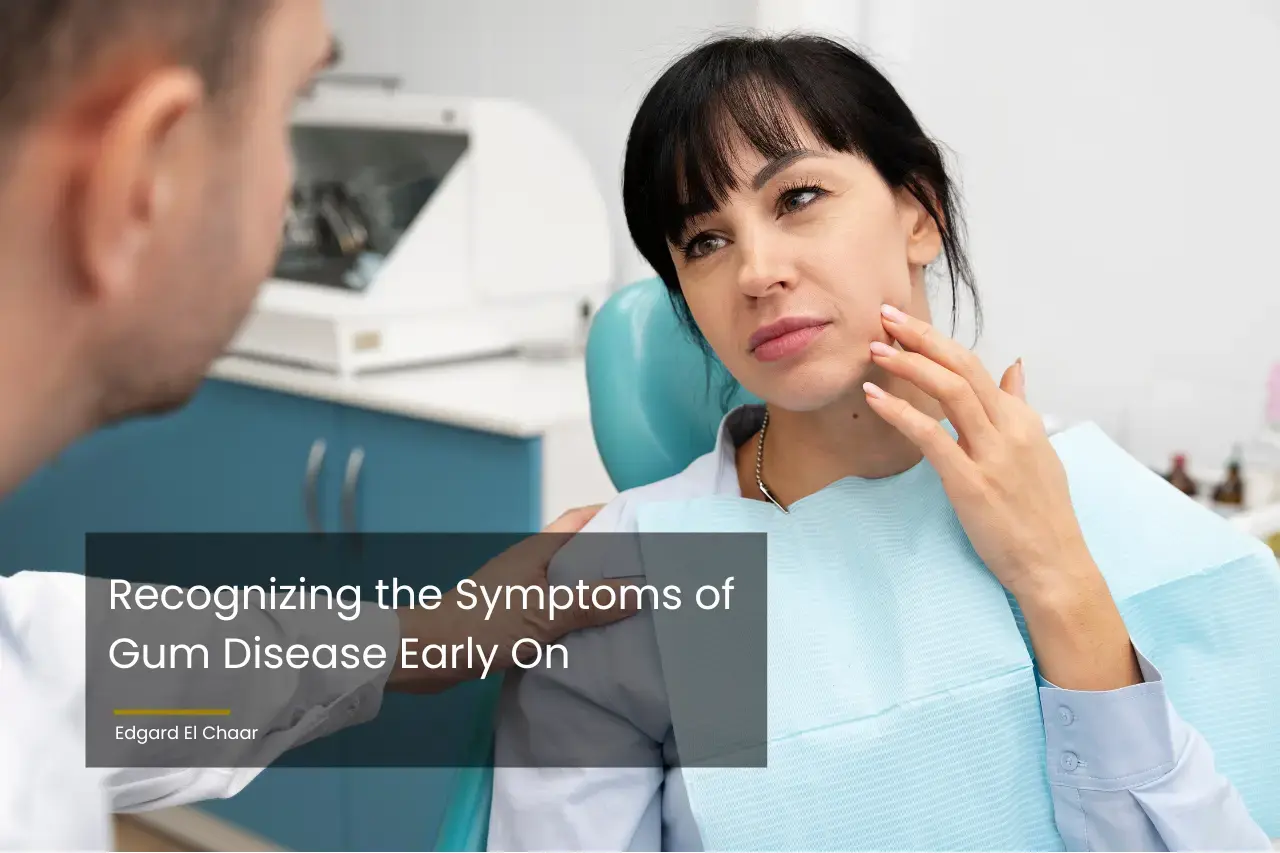
Recognizing the Symptoms of Gum Disease Early On
05/01/2023
How To Stop Throbbing Pain After Root Canal?
05/23/2023For people contemplating dental implants after tooth loss, a common concern is whether it is okay to have dental implants while suffering gum disease. This article delves into the crucial role healthy gums play in dental implant success and the impact gum disease can have on implant placement.
What Are Dental Implants?
Dental implants are a modern and highly effective solution for replacing missing teeth. They consist of a titanium post that is surgically placed into the jawbone, acting as an artificial tooth root. Once the post has fused with the bone, a dental crown, bridge, or denture is attached to it, providing a natural-looking and functional tooth replacement.
Understanding Gum Disease
Gum disease, also known as periodontal disease, is an infection of the gums and supporting structures around the teeth. It starts as gingivitis, which is characterized by red, swollen, and bleeding gums. If left untreated, it can progress to periodontitis, leading to the destruction of the bone and connective tissue supporting the teeth, ultimately resulting in tooth loss.
Can You Get Dental Implants with Gum Disease?
In a nutshell, the answer is no. Healthy gums are indispensable for the success of a dental implant. On the bright side, addressing gum disease and enhancing oral health beforehand can greatly boost the chances of a triumphant implant procedure.
Impact of Gum Disease on Implant Success
Gum disease can negatively affect the success of dental implants. The presence of inflammation and infection in the gums can compromise the healing process and interfere with the integration of the implant into the jawbone. As a result, the likelihood of implant failure increases.
Risks of Placing Implants in The Presence of Gum Disease
Placing dental implants in the presence of gum disease can lead to several risks, such as:
- Implant failure: The inflammation and infection from gum disease can hinder the proper healing and integration of the implant, increasing the risk of implant failure.
- Peri-implantitis: This is a destructive inflammatory process that affects the soft and hard tissues surrounding the implant, which can lead to bone loss and implant failure.
- Further gum and bone deterioration: Placing an implant in an unhealthy environment can exacerbate existing gum and bone loss, jeopardizing the stability of the implant and neighboring teeth.
The Importance of Treating Gum Disease Before Implant Placement
To increase the chances of a successful dental implant procedure, it is crucial to address gum disease before implant placement. Treating gum disease can help create a healthier environment for the implant to integrate and heal properly.
Treating Gum Disease Prior to Dental Implant Placement
There’re 2 main type of treatment, non-surgical treatments and surgical treatments. Depending on the severity of the gum disease, various treatment options may be recommended.
Non-surgical Treatments
- Scaling and root planing: This procedure involves deep cleaning the teeth to remove plaque and tartar from the tooth surfaces and below the gum line.
- Antibiotics: Oral or topical antibiotics may be prescribed to help control the bacterial infection causing gum disease.
- Maintenance cleanings: Regular dental cleanings and exams are essential to monitor and maintain.
Surgical Treatments
- Flap surgery: Also known as pocket reduction surgery, this procedure involves lifting the gums to remove tartar and smooth the bone surface, allowing the gums to reattach to the teeth. This helps reduce the depth of gum pockets and makes it easier to keep the area clean.
- Bone grafting: If bone loss has occurred due to gum disease, a bone graft may be needed to rebuild the jawbone and support dental implant placement. Bone grafts can be sourced from the patient’s own body, a donor, or synthetic materials.
- Guided tissue regeneration: This technique involves placing a biocompatible membrane between the gum tissue and the bone to encourage new bone growth. This can help restore lost bone and support the stability of dental implants.
Conclusion
In short, it is not advisable to have dental implants with existing gum disease. Addressing gum disease is essential before considering dental implants. At Dr. Edgard El Chaar‘s practice, you’re in capable hands; our team will help you devise a comprehensive treatment plan to guarantee the success of your dental implants. With our expertise in gum disease treatment and dental implant procedures, we’ll cater to your dental health needs and create a tailored approach for optimal results. Call now for a consultation!
-
- Call Us: 212.685.5133 or 212.772.6900
-
- Contact Us by Submitting This Contact Form
Source
Schwarz, F., Derks, J., Monje, A., & Wang, H. L. (2018). Peri-implantitis. Journal of Periodontology, 89(Suppl 1), S267-S290. DOI: 10.1002/JPER.17-0423
Kuman, M. (2018, October 3). Health, Disease and Info-Energy Medicine. SOJ Immunology, 6(2), 1–2. https://doi.org/10.15226/2372-0948/6/2/00173
Alsadeg, R. (2016, February 22). Dental Implants – Success Vs Failure Rate. Journal of Dental Health, Oral Disorders & Therapy, 4(2). https://doi.org/10.15406/jdhodt.2016.04.00107
Clementini, M., Rossetti, P. H., Penarrocha, D., Micarelli, C., Bonachela, W. C., & Canullo, L. (2014). Systemic risk factors for peri-implant bone loss: a systematic review and meta-analysis. International Journal of Oral and Maxillofacial Surgery, 43(3), 323-334. DOI: 10.1016/j.ijom.2013.09.001
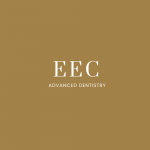
- Edgard El Chaar
- We are proud to offer our patients the most personalized and advanced dental care. The experience and commitment of our practice is unique combining science and artistry for a healthy smile.

